With the 2026 FIFA World Cup fast approaching, former USMNT defender and Fox Sports soccer analyst Alexi Lalas exclusively shares his insights with BabaGol on the state of American soccer, the tournament’s impact, and the evolving identity of the sport in the United States.
A US Soccer legend as a player,
"We Are Ready": The US as a Host Nation
Q: Alexi, thank you for taking the time. With a year to go before the first-ever 48-team World Cup in the US, Canada, and Mexico, is the US ready to host such a monumental event?
Lalas: ״Absolutely. We are more than ready. Not only in terms of infrastructure but in terms of our identity as a soccer-playing nation. Of course, many will look back at 1994 and even the 1999 Women's World Cup as key moments in our soccer history. But in 2026, the world will see just how far we’ve come. Whether fans come from Israel or anywhere else, they’re going to be impressed with the passion and knowledge that exist here. The soccer itself will be one part of it, but the experience around the event—before, during, and after the games—will showcase what the US has to offer״.
The Politics of a World Cup
Q: The World Cup is never just about football. Given today’s political climate and the US sharing the tournament with Mexico and Canada, do you see any geopolitical tensions playing into the event?
Lalas: ״Any major global event has political undercurrents, and that’s not necessarily a bad thing. The World Cup brings nations together, and when players step onto the field, they represent more than just themselves they represent their countries״.
״President Trump was instrumental in securing the 2026 bid, and he frequently highlights the World Cup and his relationship with FIFA President Gianni Infantino. It’s an opportunity for diplomacy, soft power, and relationships on a global stage. Soccer has always been intertwined with politics, and this tournament will be no different״.
The USMNT: A Semi-Final Run in 2026?
Q: Every World Cup cycle, we hear that the USMNT is ready for a deep run. Comparing the 1994 team to today’s squad, is this the World Cup where the US finally reaches the semifinals?
Lalas: ״The expectations have risen, and rightfully so. The current generation has had opportunities and resources that my generation could only dream of. In 2002, we were a handball away from a semifinal. Now, with top players playing at elite European clubs, we expect more״.
A home World Cup adds another layer. History has shown that host nations can harness that energy and go far. With Mauricio Pochettino now at the helm, anything is possible. But if this group doesn’t deliver, that’s a failure. It’s not enough to just be there anymore.
The State of US Soccer: Evolution or Revolution?
Q: From a sporting perspective, how do you assess the state of US soccer as we approach 2026?
Lalas: ״We just kicked off the 30th season of Major League Soccer (MLS), and the growth has been remarkable. We have a thriving second division with the USL, the NWSL is arguably the best women’s league in the world, and overall, soccer in the US has gained legitimacy.
Most importantly, there’s a real soccer culture here now. A young American fan might support their local MLS team, but they also follow Chelsea, Arsenal, or Real Madrid. That global awareness makes the sport here unique. We’re always being compared to the rest of the world, which pushes us to evolve. The infrastructure, the academies, the stadiums—everything is night and day compared to 1994״.
MLS and the American Soccer Model
Q: MLS has thrived as a business, but critics argue that the American franchise model stifles the sport’s essence, particularly social mobility through promotion and relegation. How do you respond to that?
Lalas: ״I get it—people love the romance of promotion-relegation, like Leicester City’s 2016 Premier League title run or Jamie Vardy’s rise from factory worker to Premier League champion. But MLS has survived and thrived precisely because of its structure.
There’s a misconception that MLS lacks competitiveness. In reality, it’s one of the most competitive leagues in the world. Unlike Europe, where money largely dictates success, MLS has parity. Champions change frequently, and every team has a genuine shot at success. That’s more of a meritocracy than people realize״.
USL’s Promotion-Relegation Experiment
Q: The USL recently announced plans to introduce promotion and relegation. Do you think it will work in the US?
Lalas: ״There’s curiosity around it, and I welcome the experiment. But let’s be clear—promotion and relegation isn’t a magic bullet. It won’t suddenly make soccer more popular in the US. I don't need promotion relegation to enjoy my soccer, and I don't think that it should be mandated on MLS or anybody else out there if they want to run their business in a certain way.
MLS owners bought in with the understanding that their investments were protected. No billionaire wants to spend on a stadium only to risk playing in a lower division the next season. That financial security is why MLS is stable. USL will have to prove that their model is sustainable in the long run״.
The Cultural Identity of Soccer in the US
Q: With a growing Hispanic and Latin American influence in the US, do you see soccer’s cultural identity shifting? Will Americans eventually call it "fútbol" instead of "soccer"?
Lalas: ״Language evolves. Generations redefine it. What matters is the connection. When I was a kid juggling a ball in Michigan, I knew that somewhere in Israel, Brazil, or Africa, another kid was doing the same thing. That’s the power of this sport.
US soccer will always be uniquely American. And that’s okay. We shouldn’t apologize for it. We should embrace it. It can be different from the rest of the world and still be great״.
Final Thoughts
Q: Alexi, I truly appreciate your time and insights. Any final message?
Lalas: ״My pleasure. And for the 2026 World Cup? Expect something special״.







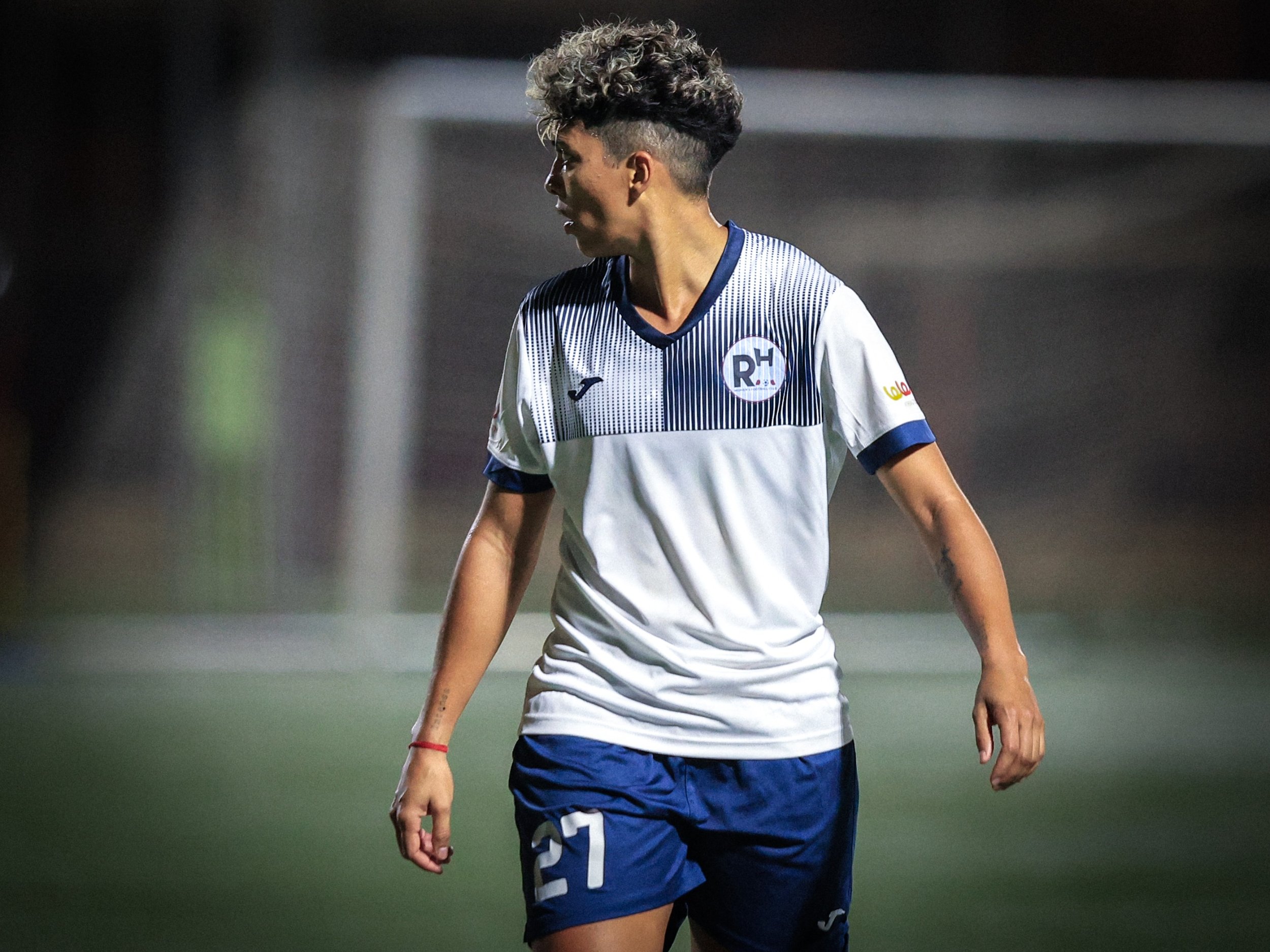
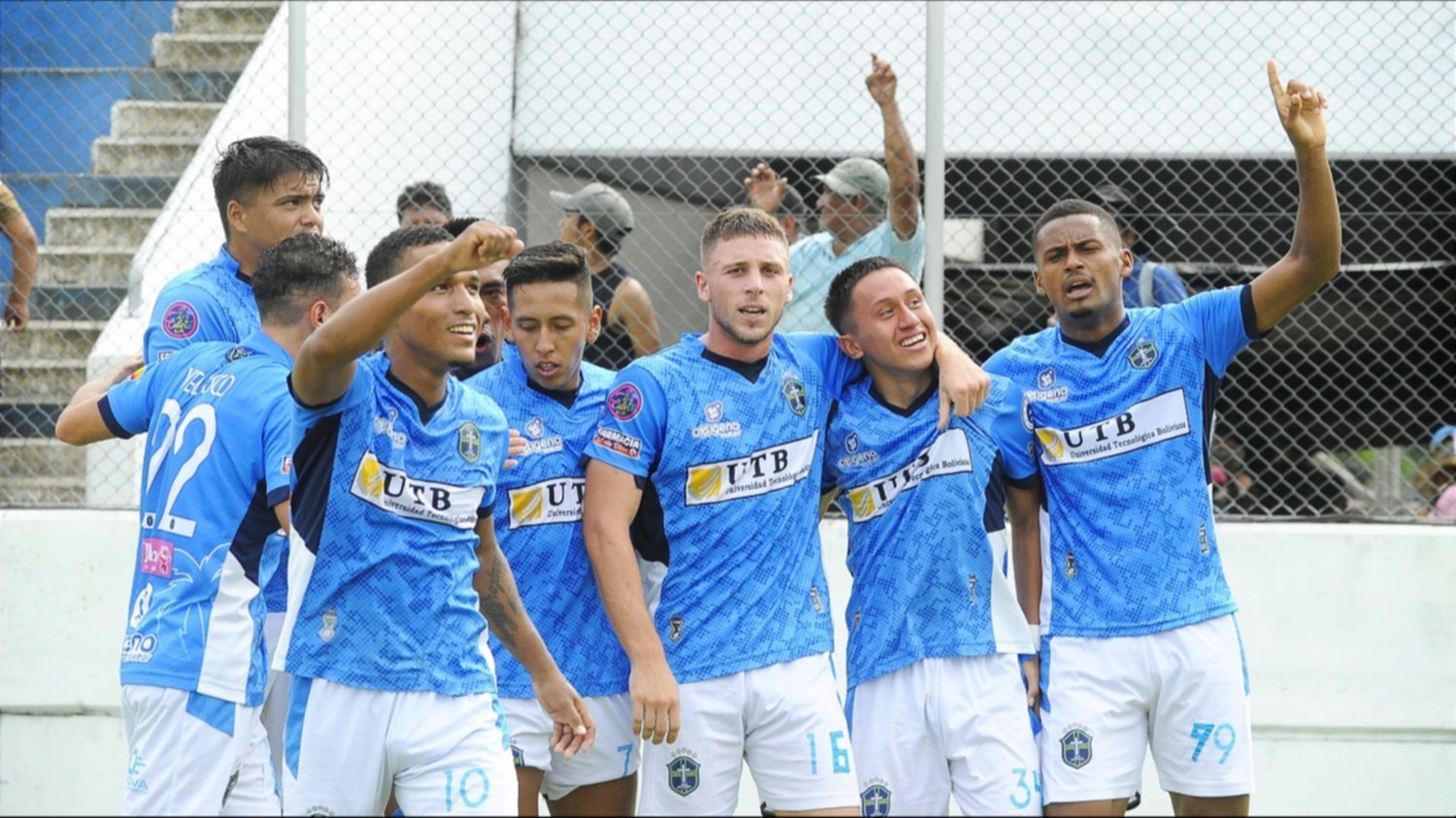


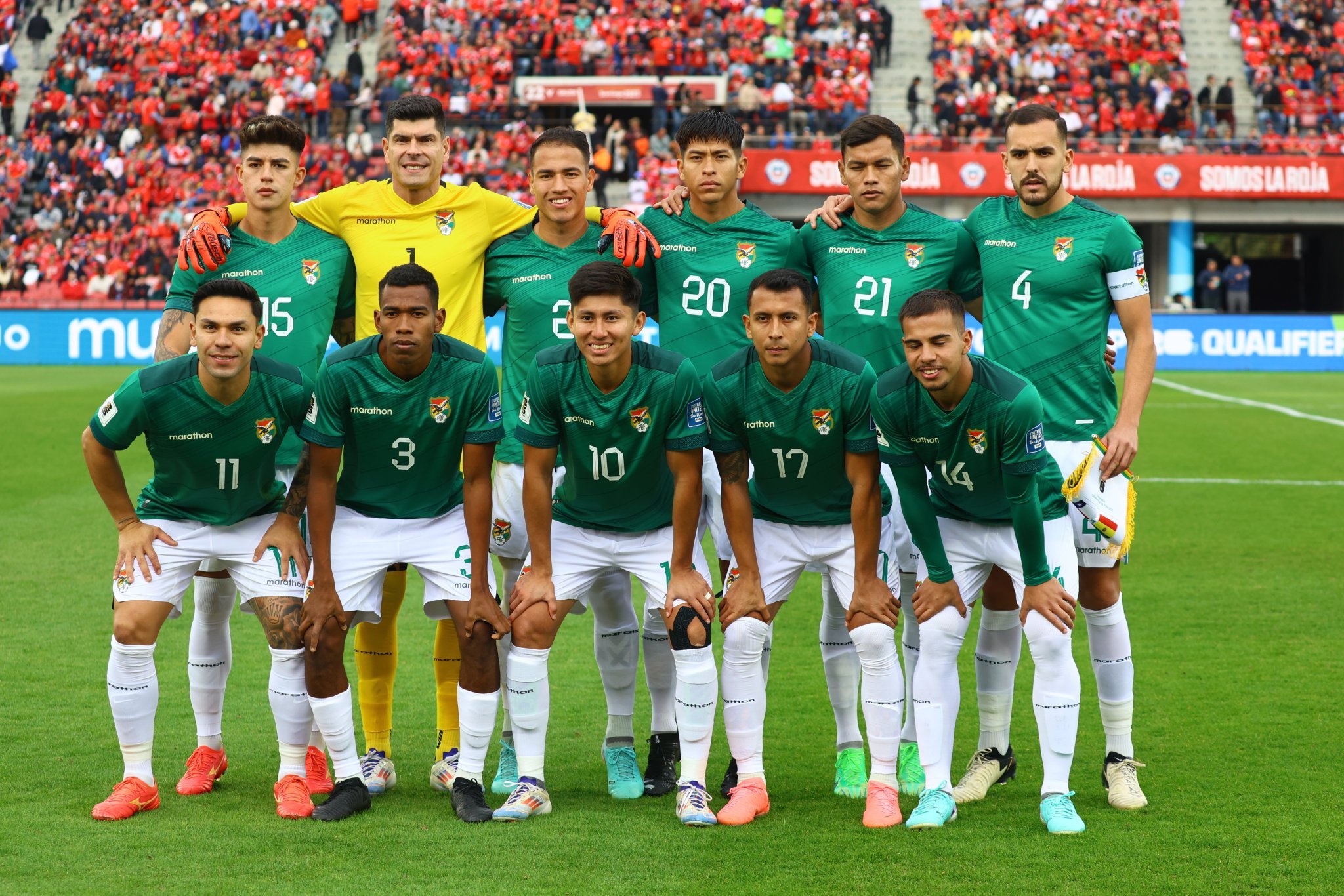
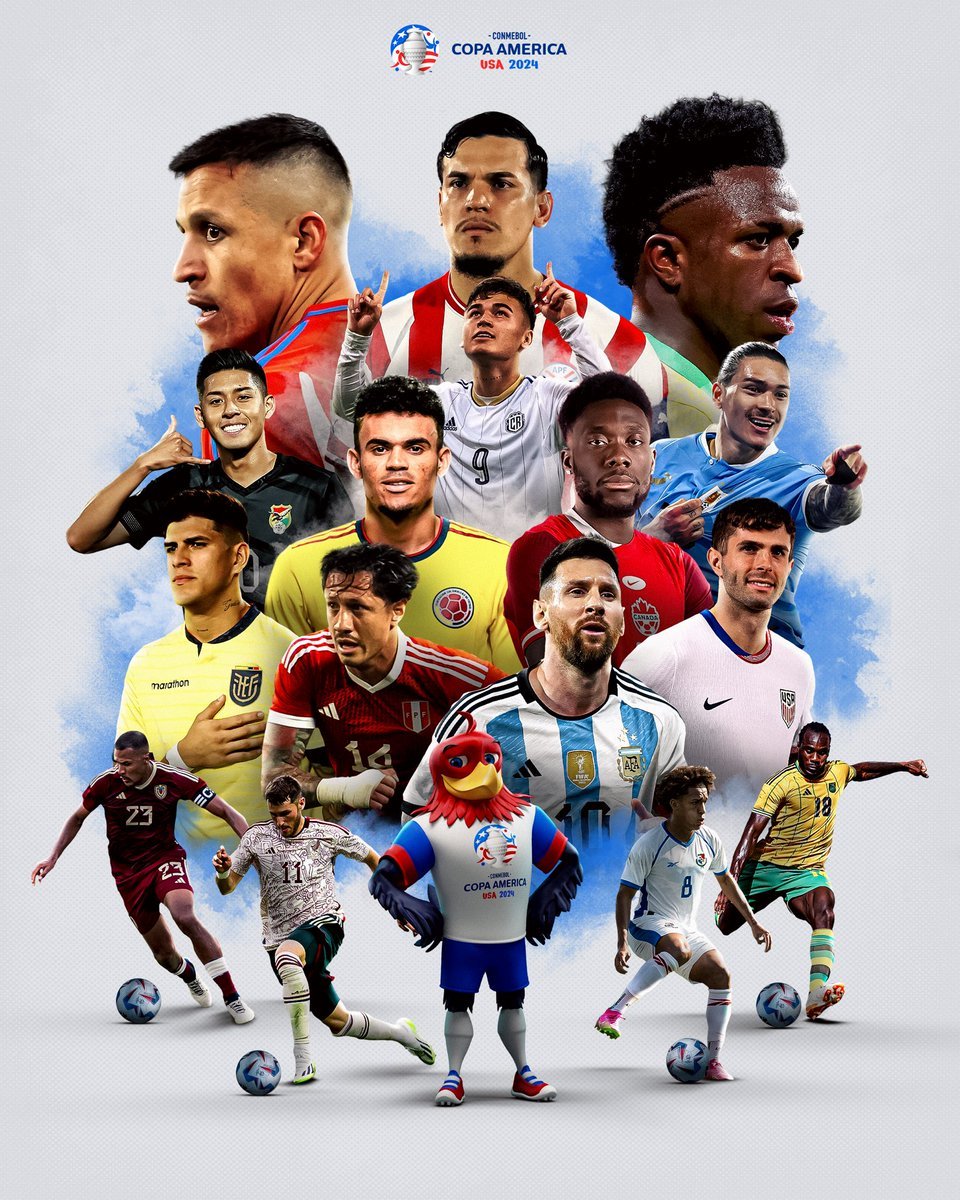












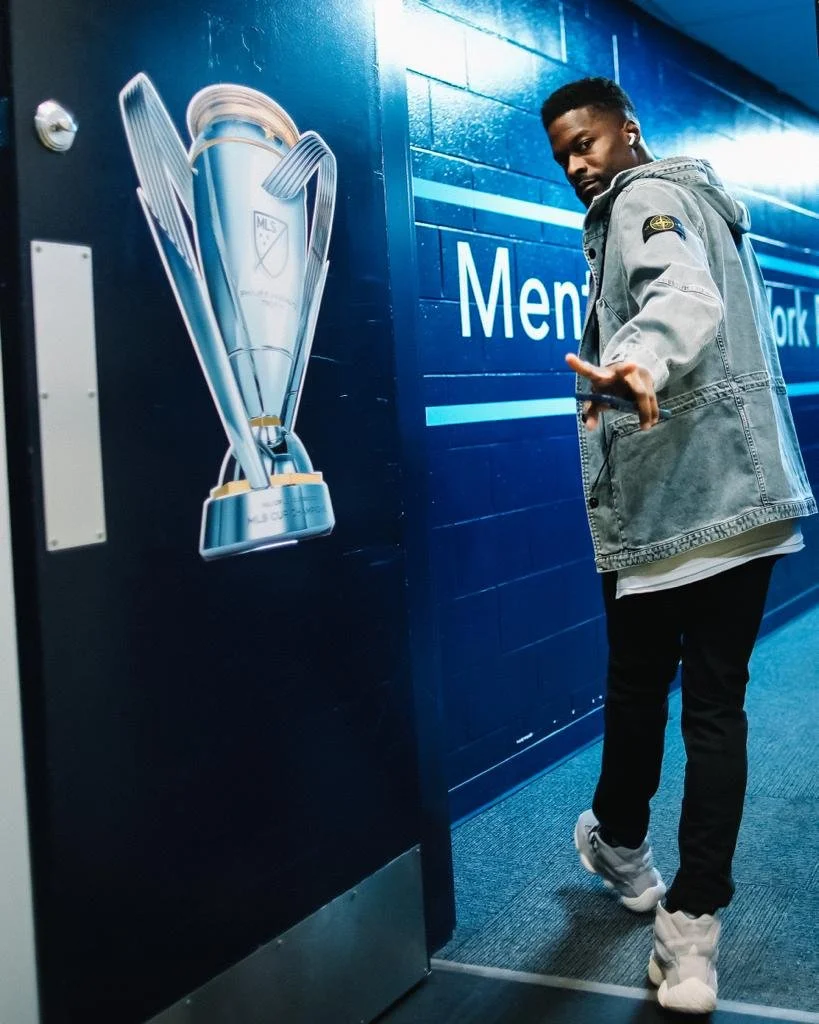



As soccer surges in Canada, Forge FC and Atlético Ottawa's 1-1 draw highlights CPL's growth.